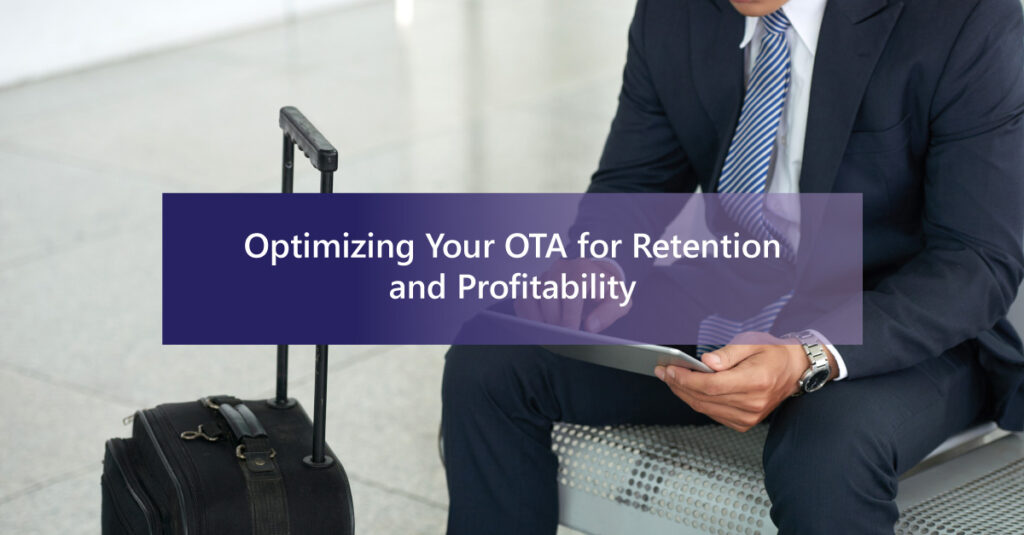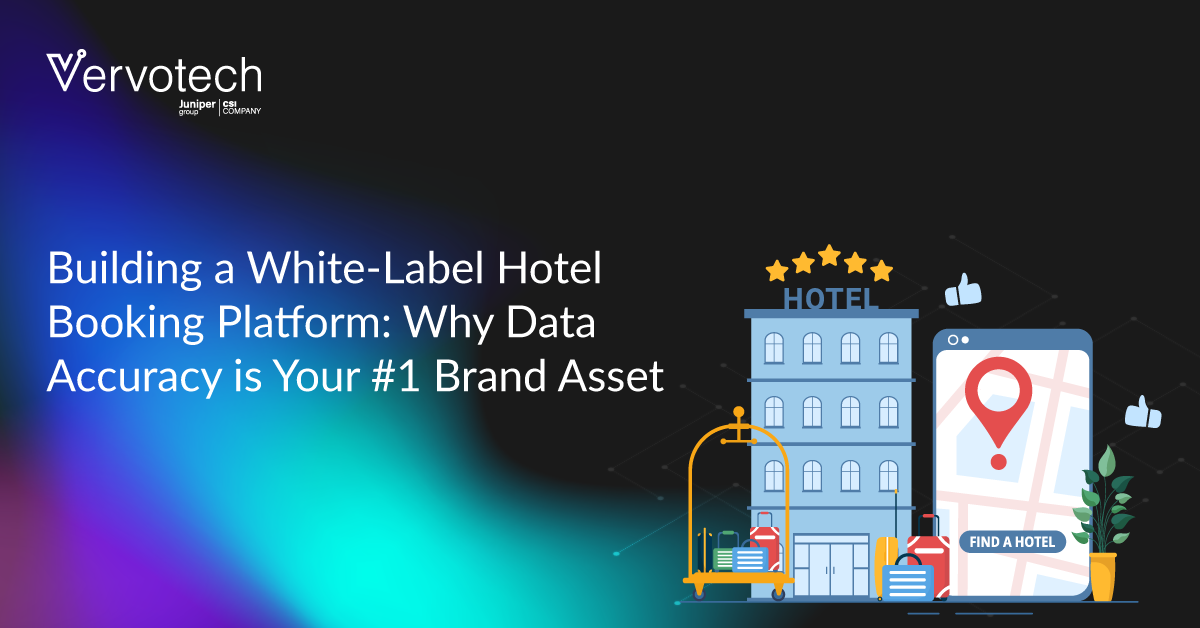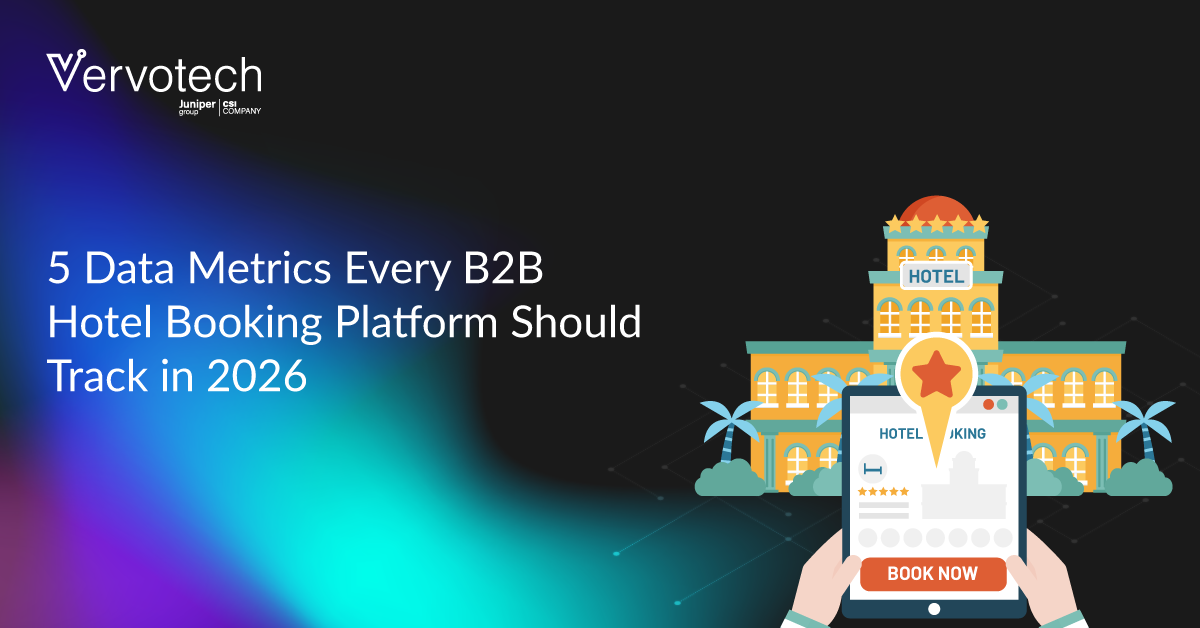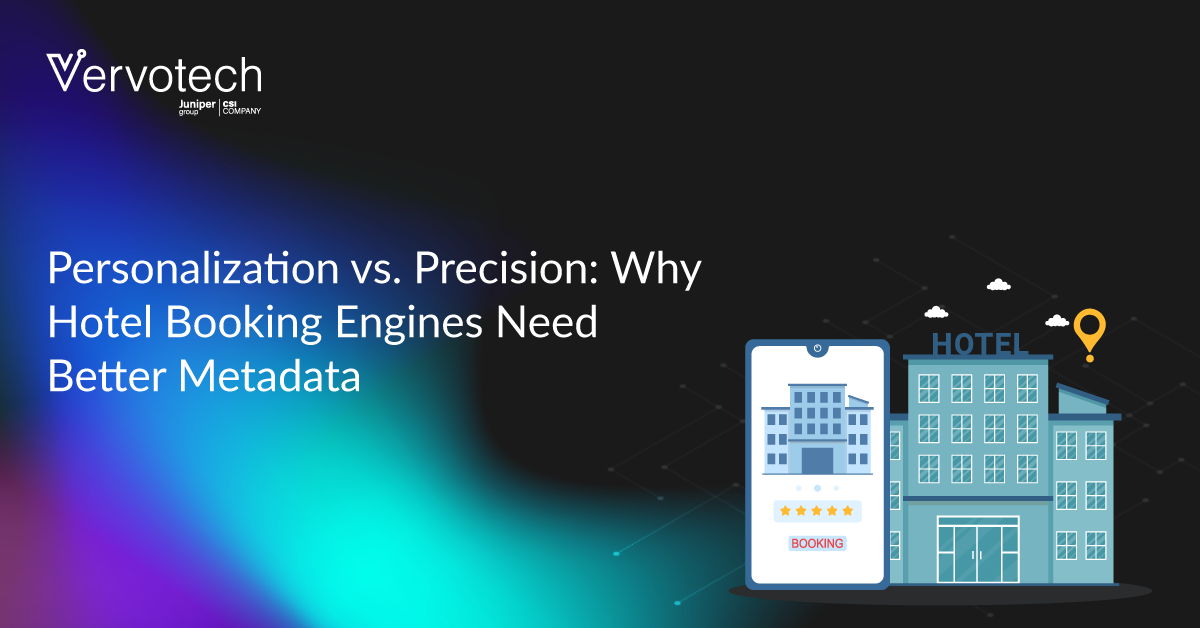Achieving a balance between user retention and profitability is crucial for online travel agencies. Your website must be a well-oiled machine to keep users on your site, prevent cart abandonment, and develop a loyal following. As you know, users have hundreds of options. That means users will only remain on your site if the experience is fast, intuitive, and convenient.
At the same time, after all the processing and third parties involved in selling hotels and flights, your margins can end up alarmingly small, which makes it essential for online travel agencies to continuously seek ways to optimize profitability without compromising on competitiveness
In this comprehensive guide, we’ll look into strategies for enhancing user retention and maximizing profitability.
- Error Reduction
Booking errors can be a significant deterrent to customer loyalty. These errors often stem from discrepancies in the data pulled from various sources, leading to customers arriving at hotels with non-existent reservations. To mitigate this risk, integrate automated systems that consistently check and update booking information. For instance, using a robust API to sync data in real time can reduce the likelihood of human error, ensuring that customers have accurate and reliable information at their fingertips.
- Advanced Filtering
Users appreciate the ability to refine their search quickly and effectively. Implement advanced filtering options that cater to various user preferences, such as price range, amenities, location, and user ratings. These filters should be intuitive and easily accessible, enabling users to zero in on the perfect option without frustration. For example, integrating AI-driven recommendation systems can personalize the search experience, further increasing user satisfaction.
- Enriched Content
Providing rich, detailed, and up-to-date content is essential. Users rely heavily on visuals and descriptions to make booking decisions. High-quality images, virtual tours, and comprehensive descriptions of properties and services can significantly enhance user confidence in their choices. Moreover, keeping this content fresh and accurate is vital; outdated or misleading information can lead to dissatisfaction and loss of trust.
- Cache System
A cache system can vastly improve the speed of your website, especially during peak times. You can reduce server load and provide faster response times by caching frequently accessed queries. However, updating cached data regularly is important to ensure that users receive the most current information. This balance between speed and accuracy can enhance the overall user experience, making your site more attractive compared to slower competitors.
- Integrated Property Reviews
User reviews are a powerful tool for building trust. Incorporate an easy-to-use review system that allows guests to share their experiences. Highlight these reviews on property pages, as positive testimonials can influence potential customers. Additionally, respond to reviews, both positive and negative, to show that you value customer feedback and are committed to continuous improvement. This interaction not only builds trust but also provides valuable insights for future service enhancements.
Maximizing Profitability
While providing an exceptional user experience is critical, profitability must also be a priority. Here are strategies to optimize your margins:
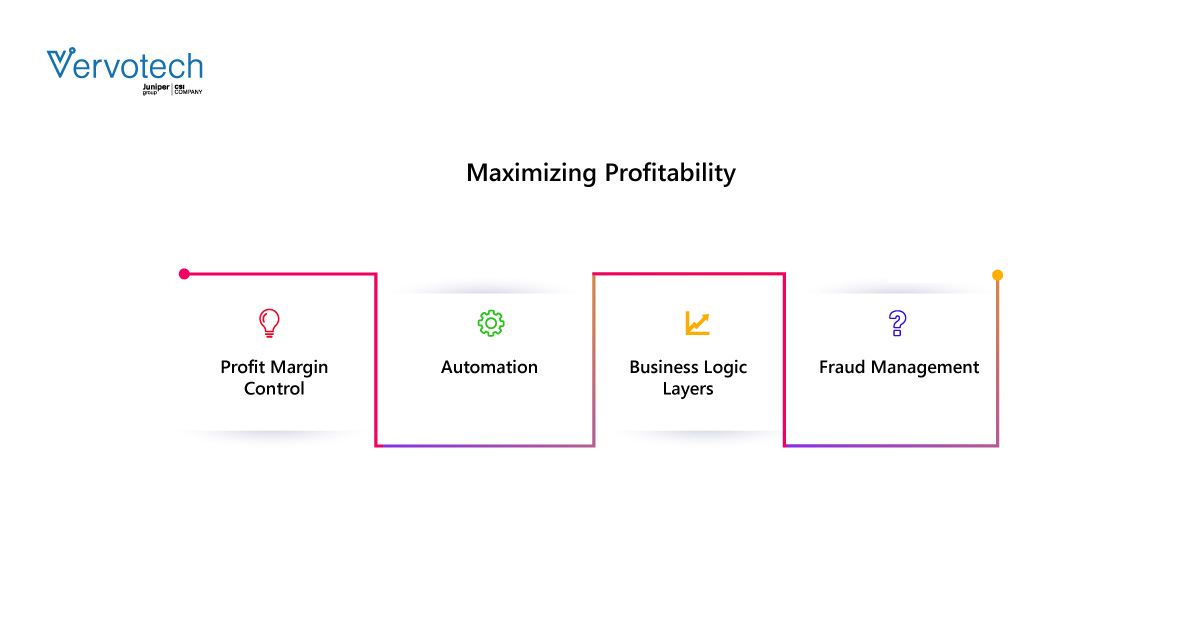
- Profit Margin Control
Establish a system that dynamically adjusts pricing based on demand, booking patterns, and competitive analysis. A rule-based profit management layer can help automate these decisions, ensuring your pricing strategies are competitive and profitable. For example, using predictive analytics can forecast demand fluctuations, allowing you to adjust prices accordingly to maximize occupancy and revenue.
- Automation
Automation is a powerful tool for reducing operational costs. From automated booking confirmations to AI-driven customer support chatbots, reducing manual intervention can cut labor costs and increase efficiency. Automating mundane tasks also frees up your team to focus on strategic initiatives, such as enhancing customer service and developing new features.
- Fraud Management
Online fraud can severely impact profitability. Implementing advanced fraud detection systems can help identify and prevent suspicious activities. These systems can use machine learning algorithms to detect anomalies and flag potential fraud before it occurs. Regular audits and updates to these systems are essential to stay ahead of increasingly sophisticated fraudulent activities.
Enhancing User Experience & Retention
A seamless and satisfying UX keeps customers on your site and encourages repeat bookings. Here’s how you can optimize UX:
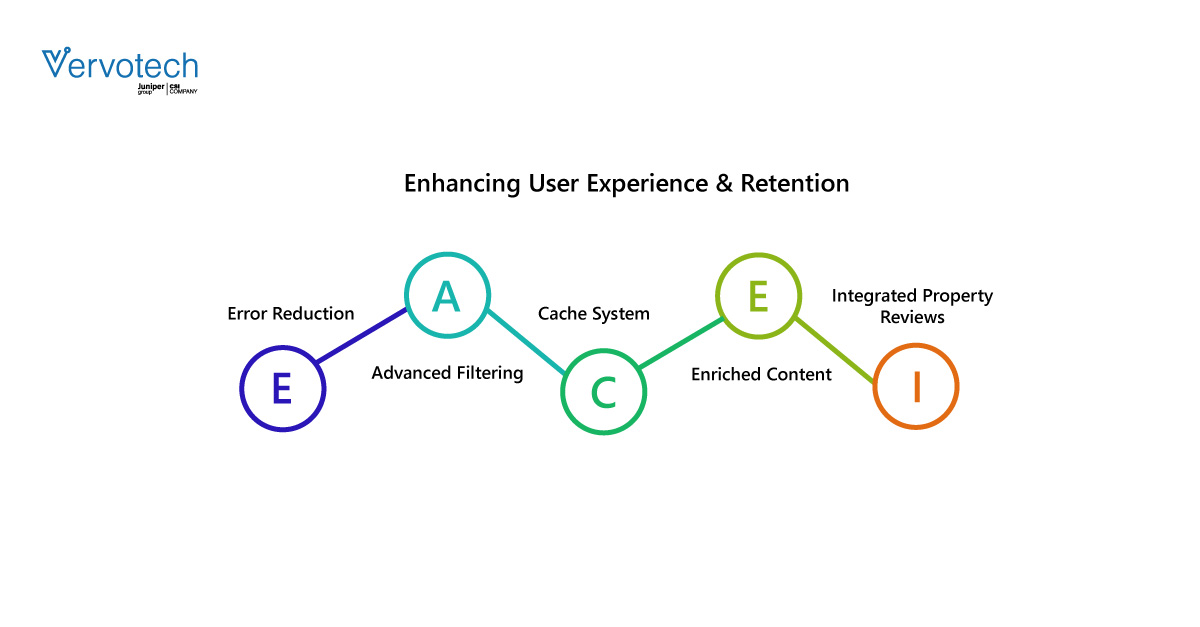
- Business Logic Layers
Incorporating business logic layers allows you to enforce rules and gather data that supports your profit management strategies. These layers can include everything from dynamic pricing algorithms to inventory management systems, ensuring that your OTA operates efficiently and profitably. For instance, by analyzing booking data, you can identify trends and adjust your offerings to meet customer demands better, thereby optimizing revenue.
Optimizing an OTA for retention and profitability requires a holistic approach that focuses on providing an outstanding user experience while implementing effective strategies to maintain profitability. Combining advanced technologies, automation, and data-driven decision-making allows OTAs to foster customer loyalty and drives sustainable business growth.

